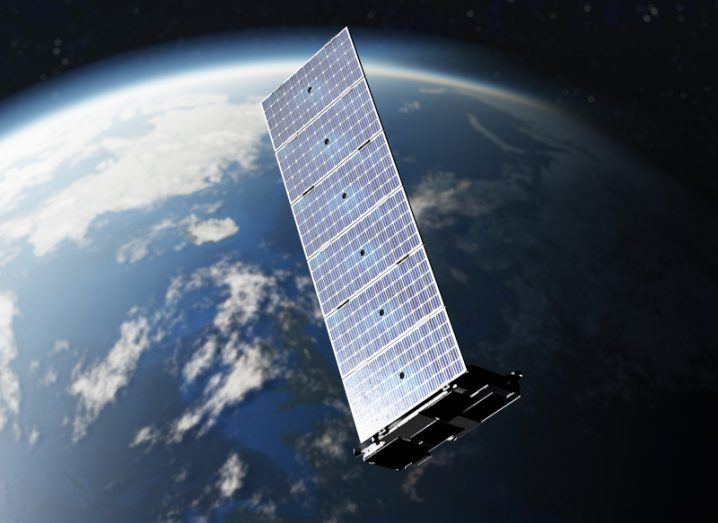SpaceX Seeks FCC Approval for Gigabit-Speed Starlink Upgrade with Gen2 Satellite
SpaceX has recently sought approval from the FCC to enhance its second-generation Starlink satellite system, aiming to deliver gigabit-speed broadband worldwide. This would represent a major leap from the current Starlink download speeds, which typically range from 25 to 220 Mbps.

Key Gen2 Starlink Upgrades
The upgraded Gen2 satellites are designed with significant advancements:
- Increased size and weight: Each satellite weighs up to 800 kg, compared to 300 kg for Gen1.
- Enhanced Beam-Forming and Digital Processing: These features enable the use of more precise and powerful beams, which can focus on smaller areas, improving signal strength and efficiency.
- Expanded Frequency Use: Gen2 satellites will utilize Ku-, Ka-, V-, and E-band frequencies, supporting both fixed and mobile satellite services and potentially future 6G connectivity.
- Lower Altitude Operation: The satellites will orbit at a lower altitude to reduce latency and facilitate better post-mission disposal.
These technical upgrades aim to expand Starlink's capacity, increase efficiency, and prepare the network for more demanding communication needs.
EPFD Limit Waiver Request
SpaceX is also seeking a waiver for Equivalent Power Flux Density (EPFD) limits for its downlink transmissions within the U.S. The company argues that the current EPFD restrictions are outdated and limit advancements in satellite broadband technology. SpaceX claims its adjusted operations would not interfere with geostationary satellite services, noting that similar waivers have been granted to other satellite operators.
FCC Concerns Over Starlink's Speed Capabilities
The FCC has shown skepticism about Starlink’s reliability, particularly in rural areas. In 2022, it denied Starlink an $886 million rural broadband subsidy, citing concerns over the network’s ability to meet promised speeds. This decision drew criticism from within the agency and from SpaceX’s Elon Musk, who argued that Starlink’s infrastructure could have supported emergency communication in disasters. However, the FCC has defended its decision, maintaining it was based on technical considerations, not politics.
If approved, the Gen2 upgrades could significantly enhance Starlink's service quality, potentially positioning it as a leader in high-speed, low-latency global broadband.
Please sign in
Login and share

























